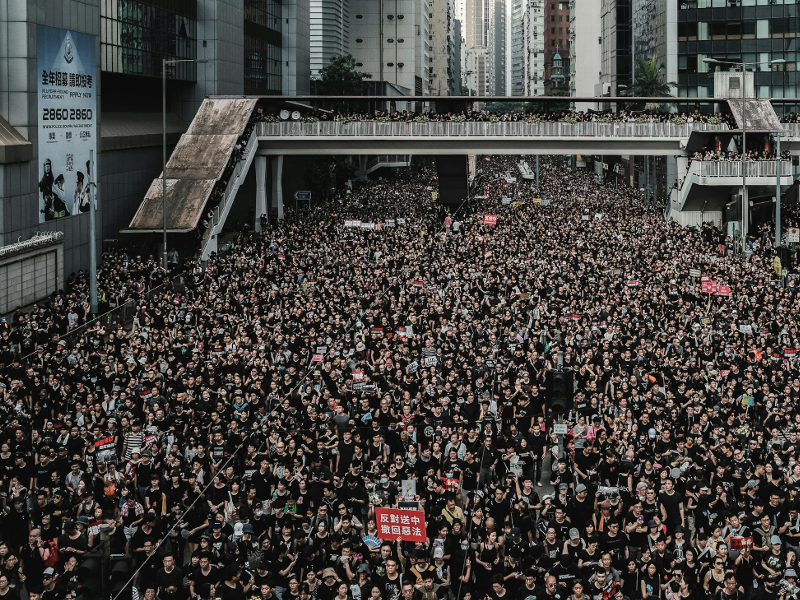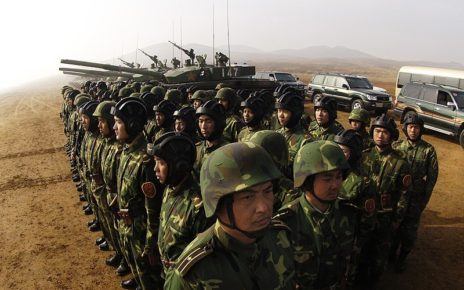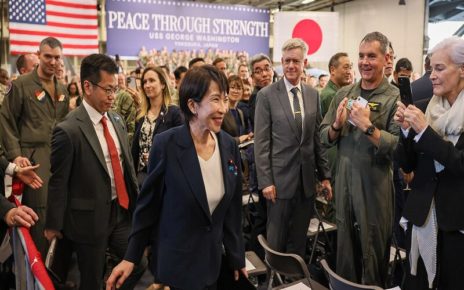Why does Hong Kong have its own team representing it at the Olympics? Why do some Hong Kongers refuse to identify as Chinese? It is because, until this day, the international status of Hong Kong is still unclear. This has implications not only for Hong Kong, but also for mainland China’s domestic and international stability. “Whether China likes it or not, its internal problems of stateness are also issues of international relation,” write Andrew Nathan and Andrew Scobell.
Because the Chinese Communist Party (CCP) essentially opposes anything that goes against its objective for the country, China has long grappled with challenges to its vision of unitary national identity. Xinjiang, Hong Kong, and Tibet, are regions that present a threat to the CCP because they are all economically and geopolitically valuable, yet culturally distinct, and they do not conform to Beijing’s rule without coercion. Hong Kong presents a unique threat, as it was once a British colony, and the historical implications of that relationship have left it with a self-conception that is problematic for the CCP.
Hong Kong’s Dual Identity
Hong Kong is populated mostly by Han, China’s ethnic majority, but most residents have dual identities because of their historical roots as people colonized by Britain. Hong Kong was given back to China in 1997 as per the Sino-British Joint Declaration. China understood that it would inherit Hong Kong’s executive-led political structure from the British, and could thus dominate the local government as easily as London had before. When Britain returned Hong Kong to China, people were happy to “come home,” but as China has gradually revoked Hong Kong’s colonialism-influenced liberties and freedoms, the people of Hong Kong did not behave as Beijing had anticipated; they became less pragmatic and apolitical. More democratic movements emerged, including some that had their roots after the Tiananmen Square event, which had inspired Britain to promote democracy in Hong Kong before retrocession.
Beijing had significant political and economic interests in obtaining Hong Kong, as it was a regional financial center with a GDP worth 20% of the mainland’s, and Hong Kong capitalists were the largest foreign investors in China. Hong Kong supplied nearly one-third of China’s foreign currency during the Mao era. China would not have been able to buy as much technology to fuel its economic growth without Hong Kong. Deng Xiaoping, the great reformer who put China on the path to a more market-based economy, made use of Hong Kong to increase his access to foreign exchange, import a variety of goods, including high-tech items, and make use of the skilled labour force there, especially management professionals. All of this means that, even. Now, Beijing’s potential loss of control over Hong Kong could severely weaken the CCP’s ability to rule on the mainland. Hong Kong has also proved to be capable of embarrassing Beijing’s international image.
The 1997 Declaration with Britain promised high autonomy for 50 years in Hong Kong without any changes to its political/social system. However, the CCP recognized the merits of Hong Kong’s economic structure and only intended to stick to the one-country, two-systems model until the mainland had caught up. Hong Kong, on the other hand, anticipated democracy within a century. As a result, the one country, two systems concept had always been problematic from the beginning, and in recent years, Beijing has been endangering Hong Kong’s autonomy and breaking its promises of tolerating democracy.
The Hong Kong Protests
Consequently, protests began in Hong Kong in June 2019 due to the newly introduced extradition law, in which criminal suspects can be taken to mainland China for judgment under some circumstances. The government asserted that closing the loopholes would prevent the city from serving as a haven for criminals, but opponents contended that doing so would expose citizens to China’s seriously deficient justice system, endangering Hong Kong’s cherished independent justice system. Two million people poured into the streets to demand five things: the bill’s withdrawal, an investigation into police misconduct, amnesty for protesters who had been detained, rejection of the rallies’ “riot” label, and a public dialogue about suffrage. The reason why the extradition bill created so much dissent is because it strips Hong Kong of the protection of the rule of law and exposes it to compromised courts subservient to the CCP.
Although the protests were significant, as they set a precedent for future movements and provoked international backlash against China, they unfortunately ended in failure, as China provoked radicalization of the protesters and used it as a prextext to crack down on crowds. Domestic and international attention to the situation in Hong Kong is not enough, as more action towards protecting democracy is needed.
As human rights are still being violated, China shows little to no sign of giving Hong Kong more freedom, and international backing for Hong Kong remains weak, its fate remains unclear. Technically, today’s Hong Kong belongs to China by bilateral agreement with Britain, but one wonders if that is just, whether it has broad popular legitimacy among Hong Kongers? Some have suggested that the “one country, two systems” approach, which had been widely regarded as successful thanks to Hong Kong’s emergence as a significant financial and commercial hub, is no longer viable. Whether Hong Kong becomes more integrated with mainland China by force, or alternatively somehow the place becomes more autonomous, it seems like the future is dependent both on where the people of Hong Kong’s hearts lie, and the decisions made by the CCP in the larger context of domestic struggles and international relations.
Photo: “Group of People Protesting on the Street” (2019) by Airam Dato via Pexels. Public Domain.
Disclaimer: Any views or opinions expressed in articles are solely those of the authors and do not necessarily represent the views of the NATO Association of Canada.




